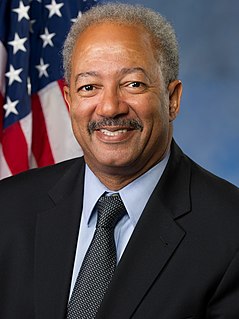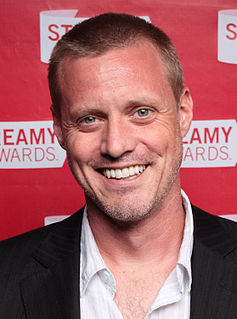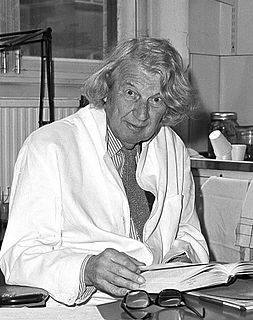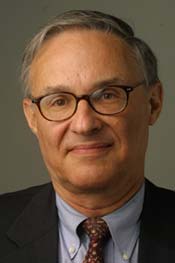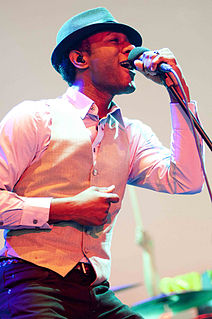A Quote by Richard Dooling
The first thing I became interested in in terms of 'Brain Storm' was neuroscience, and that is like saying you're interested in the universe. So ultimately I knew if I was going to handle this in a fictional format, I would have to take a subsection of neuroscience, and that turned out to be the use of neuroscience in criminal courts.
Related Quotes
The U.S. and Europe may have more breakthroughs in neuroscience, but you have to put that in perspective. The U.S. has 350 million people, and there are 28 countries in the European Union. Israel is third behind these countries in its neuroscience developments, but per capita, it is way ahead of everyone.
I studied neuroscience at the cellular level, so I was looking at learning and memory in the visual cortex of rats. Neuroscience mainly exposed me to a way of thinking - about experimentation, about what you believe to be true and how you could prove it - and how to approach things in a methodical manner.


